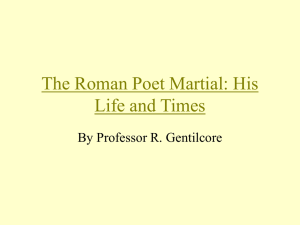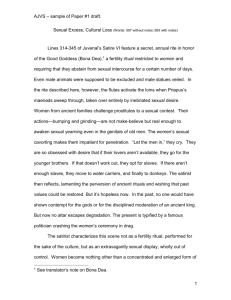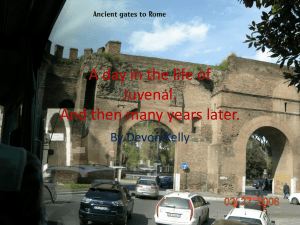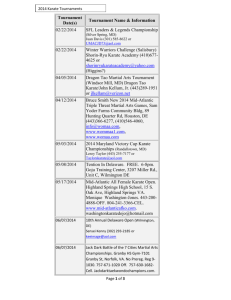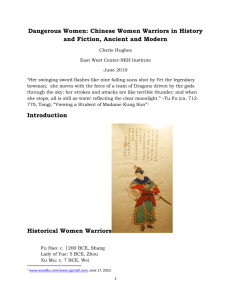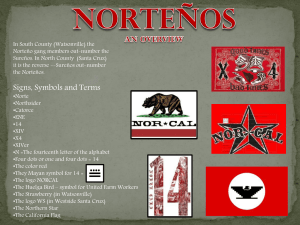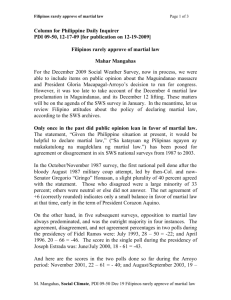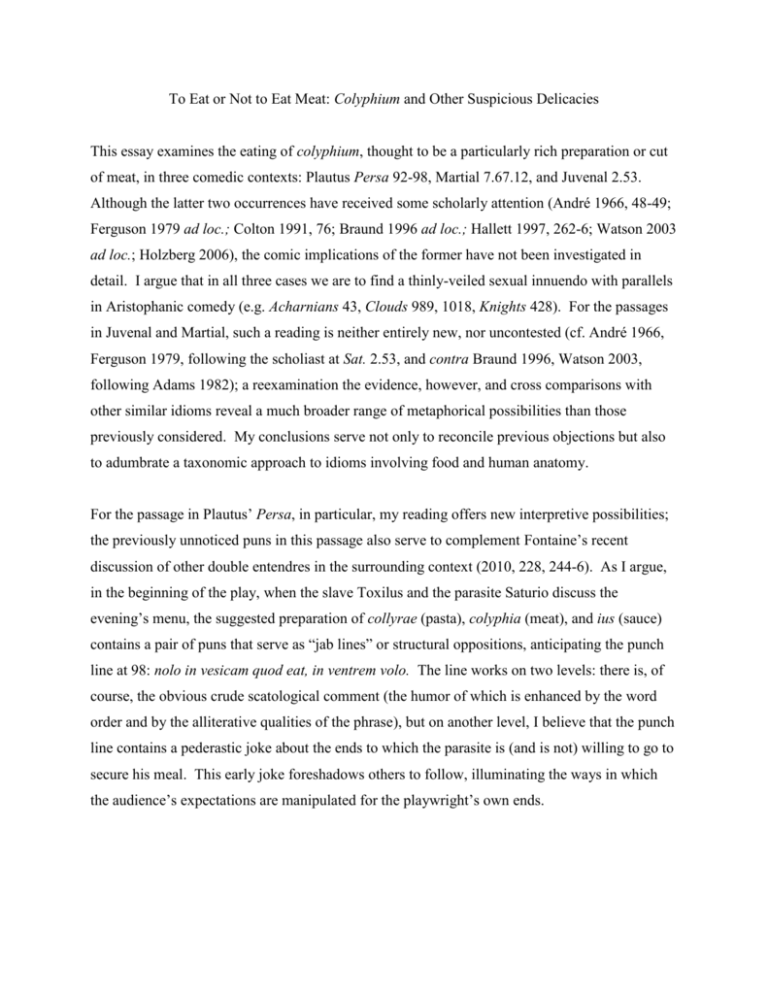
To Eat or Not to Eat Meat: Colyphium and Other Suspicious Delicacies
This essay examines the eating of colyphium, thought to be a particularly rich preparation or cut
of meat, in three comedic contexts: Plautus Persa 92-98, Martial 7.67.12, and Juvenal 2.53.
Although the latter two occurrences have received some scholarly attention (André 1966, 48-49;
Ferguson 1979 ad loc.; Colton 1991, 76; Braund 1996 ad loc.; Hallett 1997, 262-6; Watson 2003
ad loc.; Holzberg 2006), the comic implications of the former have not been investigated in
detail. I argue that in all three cases we are to find a thinly-veiled sexual innuendo with parallels
in Aristophanic comedy (e.g. Acharnians 43, Clouds 989, 1018, Knights 428). For the passages
in Juvenal and Martial, such a reading is neither entirely new, nor uncontested (cf. André 1966,
Ferguson 1979, following the scholiast at Sat. 2.53, and contra Braund 1996, Watson 2003,
following Adams 1982); a reexamination the evidence, however, and cross comparisons with
other similar idioms reveal a much broader range of metaphorical possibilities than those
previously considered. My conclusions serve not only to reconcile previous objections but also
to adumbrate a taxonomic approach to idioms involving food and human anatomy.
For the passage in Plautus’ Persa, in particular, my reading offers new interpretive possibilities;
the previously unnoticed puns in this passage also serve to complement Fontaine’s recent
discussion of other double entendres in the surrounding context (2010, 228, 244-6). As I argue,
in the beginning of the play, when the slave Toxilus and the parasite Saturio discuss the
evening’s menu, the suggested preparation of collyrae (pasta), colyphia (meat), and ius (sauce)
contains a pair of puns that serve as “jab lines” or structural oppositions, anticipating the punch
line at 98: nolo in vesicam quod eat, in ventrem volo. The line works on two levels: there is, of
course, the obvious crude scatological comment (the humor of which is enhanced by the word
order and by the alliterative qualities of the phrase), but on another level, I believe that the punch
line contains a pederastic joke about the ends to which the parasite is (and is not) willing to go to
secure his meal. This early joke foreshadows others to follow, illuminating the ways in which
the audience’s expectations are manipulated for the playwright’s own ends.
Works Cited
Adams, J.N. 1982. The Latin Sexual Vocabulary. Baltimore: Johns Hopkins University Press.
1982.
André, J. 1966. “Notes de lexicologie.” RPh 40: 46-58.
Braund, S. 1996. Juvenal. Satires: Book I. Cambridge: Cambridge University Press.
Colton, R. 1991. Juvenal's Use of Martial's Epigrams: A Study of Literary Influence.
Amsterdam: Hakkert.
Ferguson, J. 1979. Juvenal. The Satires. St. Martin’s Press: New York.
Fontaine, M. 2010. Funny Words in Plautine Comedy. Oxford and New York: Oxford University
Press.
Hallett, J. P. “Female Homoeroticism and the Denial of Roman Reality in Latin Literature.” In
Hallet, J. and Skinner, M., eds. Roman Sexualities. Princeton: Princeton University Press.
255-73. (=Hallett, J. P. 1989. YCS 3: 209-27)
Holzberg, N. 2006. “Onomato-poetics: A Linear Reading of Martial 7.67-70.” In Booth, J. and
Maltby, R., eds. What’s in a Name? The Significance of Proper Names in Classical Latin
Literature. Swansea: Classical Press of Wales. 145-158.
Watson, L. and Watson, P. 2003. Martial. Select Epigrams. Cambridge: Cambridge University
Press.

